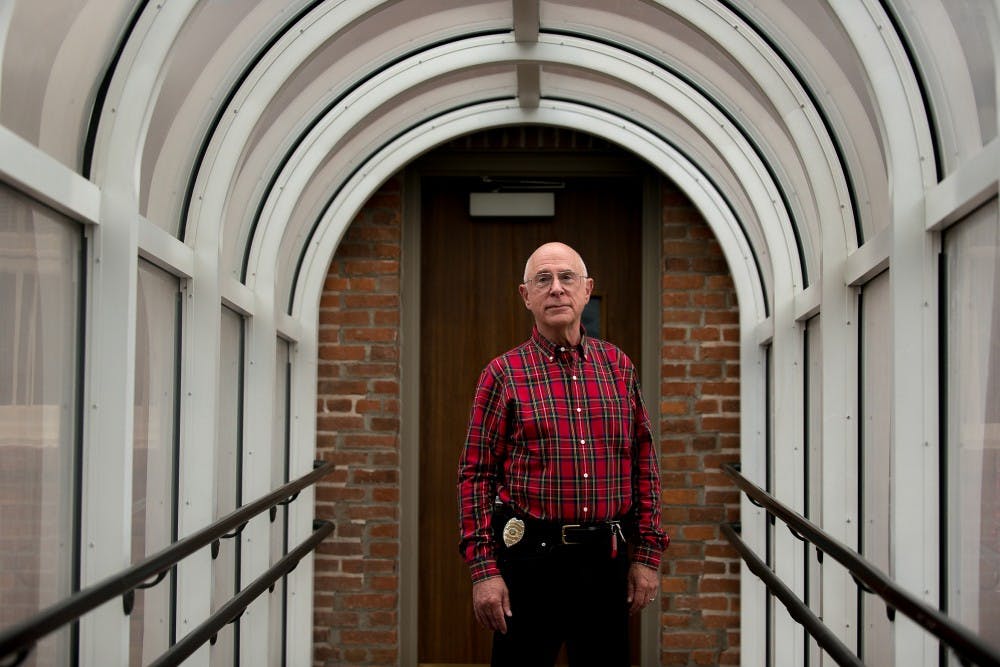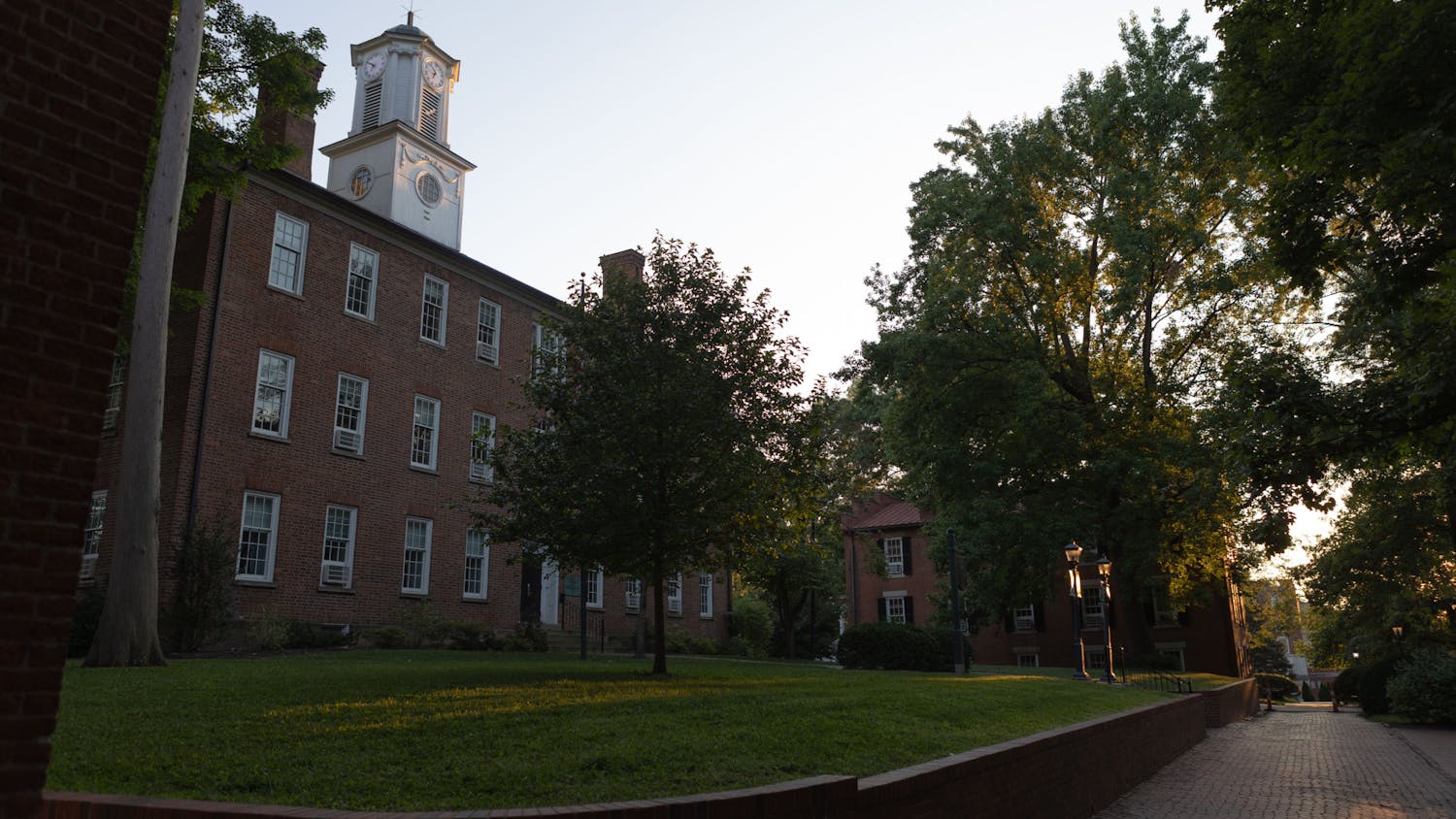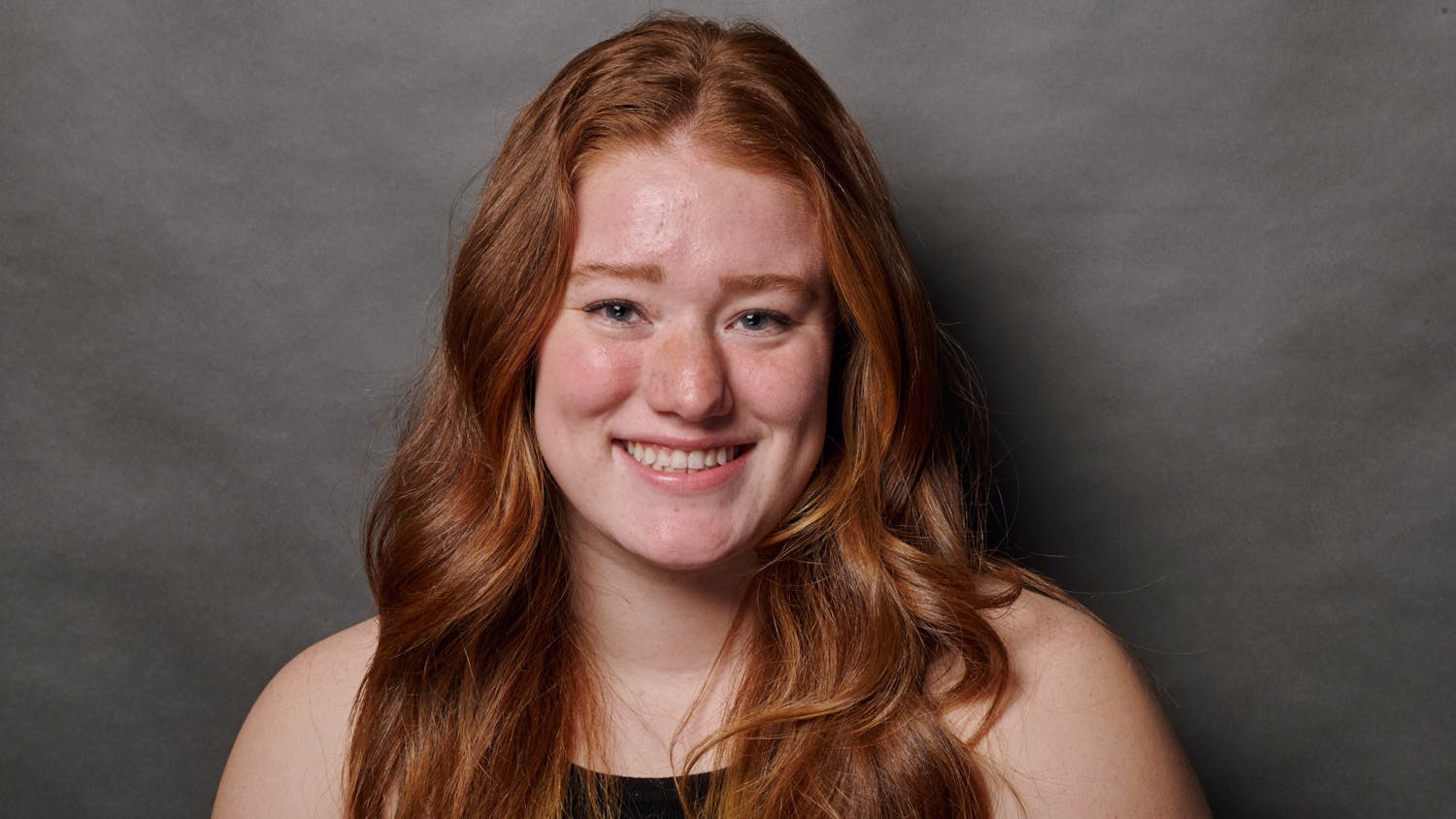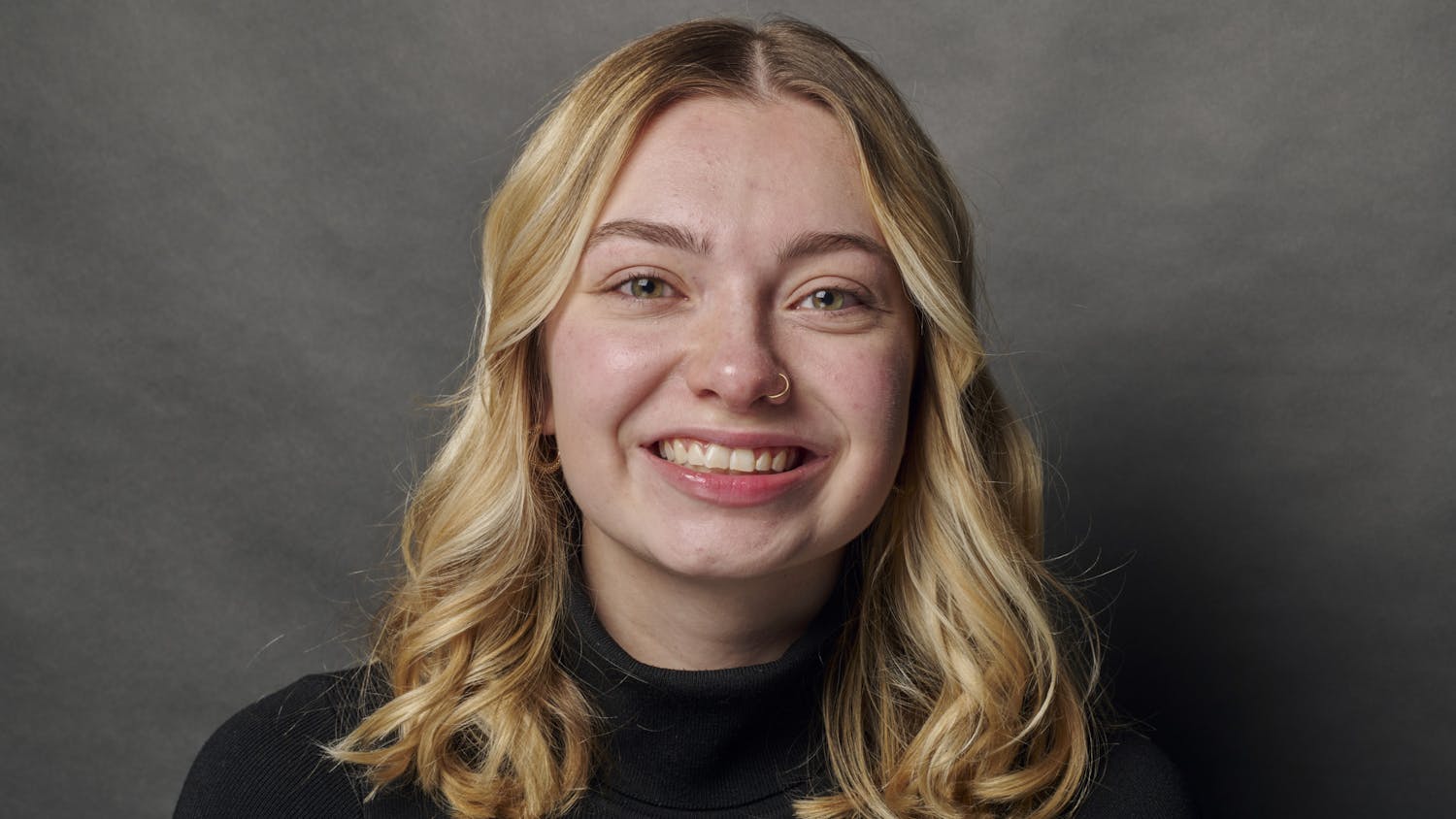Athens Police Department Reserve Commander David Malawista said his father worked until he was in his 90s — and that he himself is “working on it.”
Malawista oversees APD’s part-time reserve officers, many of them retired from full-time work at APD or elsewhere. APD keeps a force of 14 reserve officers, which is more than many departments, APD Chief Tom Pyle said. APD only has 19 full-time patrol officers.
Ohio University Police Lt. Tim Ryan said OUPD has three reserve officers, all retired full-time officers from the department. He said the reserve officers supplement patrol as necessary.
“If we could, we’d have as many officers as we can, but the budget doesn’t allow for that,” Ryan said. “So it’s a way to have some extra officers.”
On a practical level, APD’s reserve force nearly doubles the size of the department during events such as Halloween and spring fests, Pyle said. The department doesn’t need as many officers for routine operations.
But Pyle also called the reserve force a “halfway house” for officers who aren’t quite ready to retire. He said police work is hard to let go of because it allows officers to feel like a part of something bigger than themselves.
“Law enforcement, I think, for most people, is a calling,” Pyle said. “It’s a devotion. So it’s hard to just go cold turkey from something like that. When you’re part of the culture … you’re part of the group, you belong.”
Pyle said the reserve force also allows the department to retain institutional knowledge it would otherwise lose when its most experienced officers retire.
“Police officers feel a strong responsibility to pass on lifelong learning ... in hopes that they can make a difference in (younger officers’) careers, that they can avoid the pitfalls that the older officers experienced in their career,” Pyle said. "And, quite possibly, to save that younger officer’s life through experience.”
Malawista said police officers tend to retire earlier than people in other professions because their job is so physically demanding. He said officers may retire from full-time work as early as age 46. They rarely fully retire that early, he said, and they stay around to teach the next generation.
“We’re talking people with 30 some-odd years of experience,” Malawista said. “When you’re starting off, why would you have to reinvent the wheel, make the same mistakes everyone else made?”
Malawista said he began working for APD in March 1974, when civil disobedience and protests related to the Vietnam War created a demand for officers to be available quickly to handle “difficult situations.” Now he provides Crisis Intervention Team training to both APD officers and officers in neighboring counties. The training teaches officers to better deal with incidents involving mental health crises.
He said certain reserve officers offer specialty skills to the department. Some work as mounted police officers, one works as a D.A.R.E. officer and one officer in the process of retiring will take charge of the evidence room.
Malawista said he once worked two full-time jobs at the same time. He worked as a psychologist during the day and supervised the night shift at the Athens County Sheriff’s Department. He said he has spent his life learning communication skills and focuses on teaching younger officers those same skills.
“Probably the most powerful tool that officers have is language,” he said. “I’ve never been physically large, so it was always in my best interest to talk people into doing things rather than wrestle them.”
He said he tries to teach younger officers the importance of listening to people, and the “subtlety” of listening well.
“You have to listen to not just the words; you’ve got to listen to the music, the underlying communication which is often more important than the actual words," he said.
Reserve officers tend to work in pairs with younger officers, Malawista said, but it is not always the reserve officers who do the teaching.
“The work has become really, really complex as time has gone on,” Malawista said. “You have all kinds of computers, all kinds of special report writing ... so it’s very hard to keep up for most people if you work part time.”
Malawista said he prefers working with another officer, and not just for the tech help.
“I think it’s a more enjoyable experience,” he said. “You get their eyeball view of what’s going on, and you get feedback, and you get to talk to somebody else. The wee hours of the morning are more fun if you’re with someone.”






